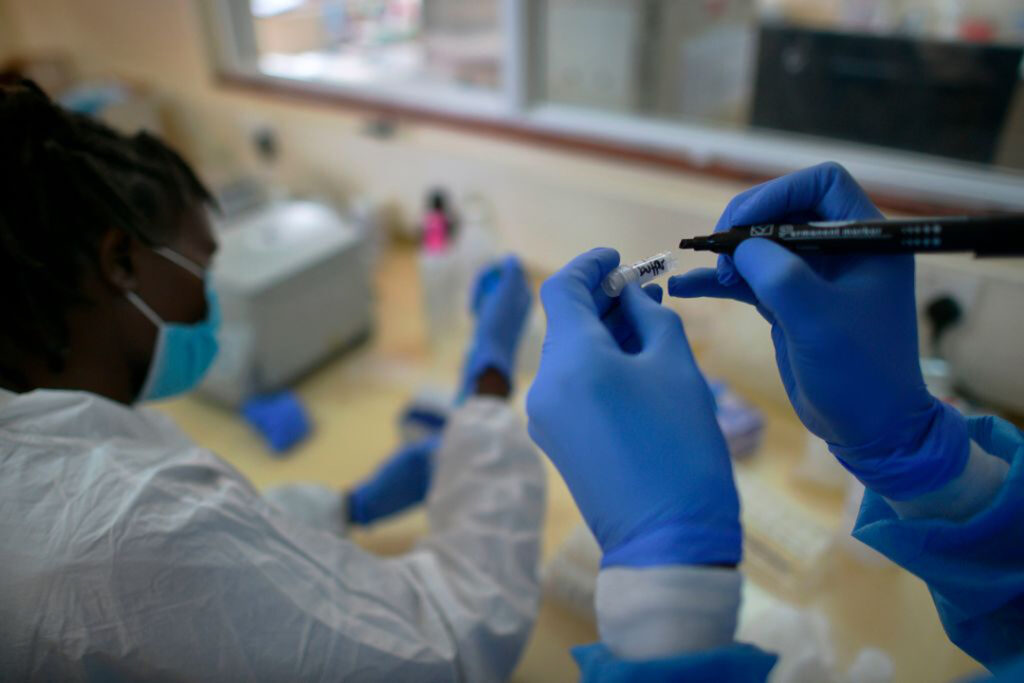ADF STAFF
The latest COVID-19 variant to emerge received a new designation from the World Health Organization. Rather than call it by its complicated scientific name, the WHO called it, simply, Delta.
Under a new strategy announced at the end of May, the WHO will designate variants of interest (VOIs) or variants of concern (VOCs) with names drawn from the Greek alphabet. Variants become VOIs and VOCs when they show signs of increased transmissibility or infectiousness.
The plan has three primary goals:
- To reduce confusion among the different methods for identifying COVID-19 strains since the same variant can have different scientific names.
- To create a more user-friendly public name for the variants to make it easier for media outlets, health professionals and nonscientists to refer to them.
- To avoid the stigma that can attach to people and nations when referring to a variant’s geographic origins.
The strategy has the support of prominent people in the COVID-19 fight, including South African epidemiologist Salim Abdool Karim, who co-chaired his country’s Ministerial Advisory Committee on COVID-19.
Writing in Science magazine, Karim noted: “The risk of being associated with a new variant also disincentivizes country-level genomic surveillance and transparent reporting of their results. The descriptions are also inaccurate.”
The highly transmissible nature of variants means they could arise somewhere other than the nation where they’re discovered, Karim said.
“It is not known whether patient zero of each variant was a resident of or visitor to that country, and all variants have been identified well beyond the first countries in which they were identified.”
South Africa was among those countries stigmatized by a variant that appeared there last year. That variant, scientifically known as B.1.351, is now referred to by the WHO as Beta.
Other variants include Alpha, formerly known as B.1.1.7 and first discovered in the United Kingdom, and Gamma (P.1), first reported in Brazil.
The Africa Centres for Disease Control and Prevention has reported Alpha, Beta and Delta variants throughout the continent. The Delta variant, which first was reported in May, already has reached more than a dozen African countries.
Variants arise constantly as the COVID-19 virus moves through a population, mutating as it goes. The more the virus spreads, the higher the chance of developing a VOI or VOC. Slowing the spread through vaccinations, masks and social distancing reduces the emergence of variants.
So far, the WHO already has reached Kappa, the 10th of the 24 Greek letters, to identify other variants of interest or concern.
The Greek naming strategy does not affect the different scientific nomenclatures used to characterize viruses by tracking their mutations. Those methods remain in place but will not be used in communications intended for laypeople.
Public health officials see the new Greek naming system as an important step in improving their ability to track variants as they arise around the globe.
“No country should be stigmatized for detecting and reporting variants,” Maria von Kerkhove, the WHO’s technical lead on COVID-19, wrote on Twitter.

